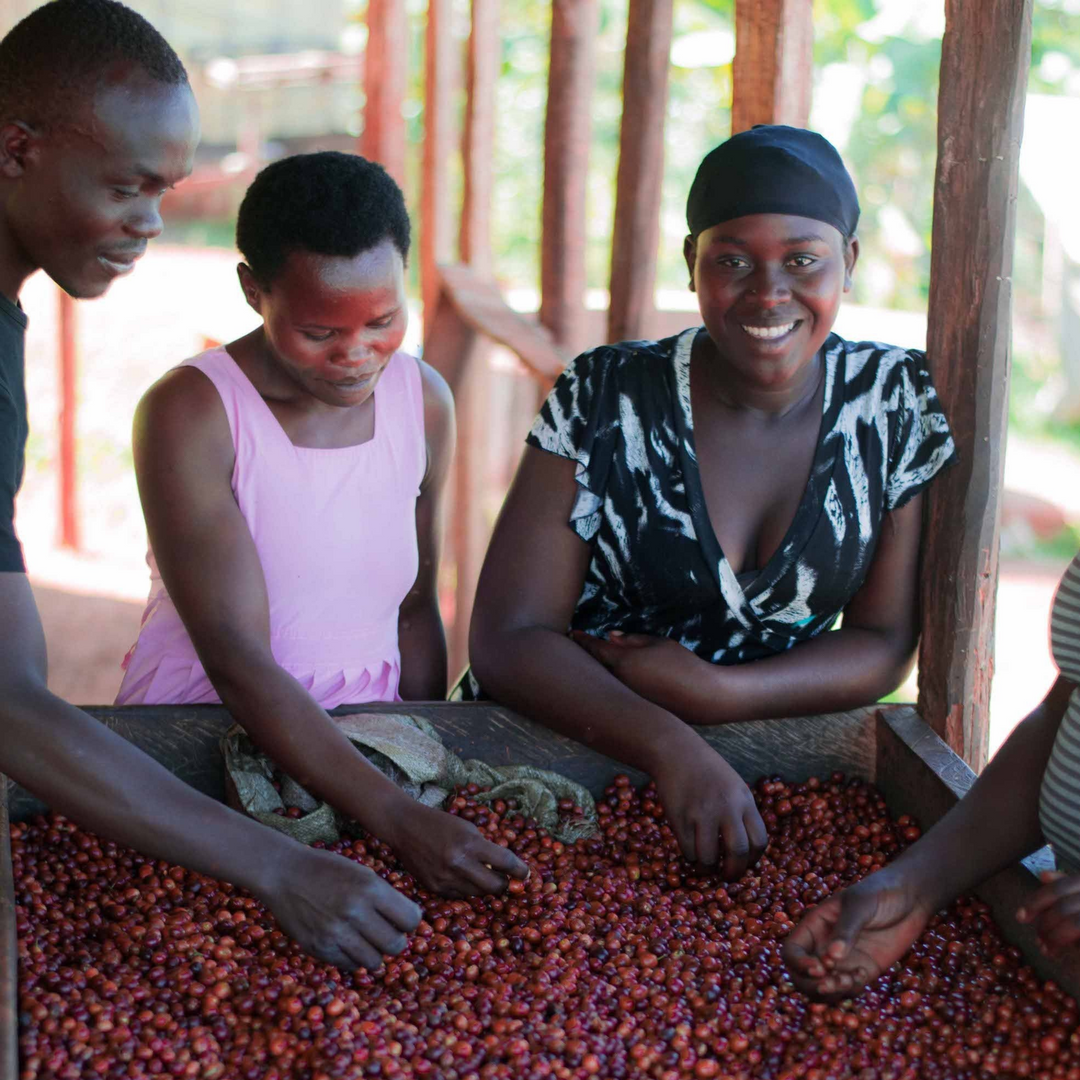-
Farm: Phoka Co-operative
-
Location: Phoka Hills, Northern Malawi
-
Altitude: 1300-2500m
-
Process: Washed
-
Varietal: Nyasa, Catimor, Geisha
Cupping Notes: Bright, Clean, Juicy Apples, Sweet and Fruity
Once again we’ve teamed up with our friends at Omwani to bring you coffee from a brand new origin.
Phoka's exceptional coffee thrives in the picturesque Phoka Hills of Northern Malawi, nestled at elevations ranging from 1300 to 2500 meters above sea level. This breathtaking region enjoys an average of 1760 mm and 1806 mm of rainfall a year, more than any of its surrounding regions. It's these optimal conditions that contribute to the exquisite flavour profile of Phoka's coffee.
The origins of the Phoka Cooperative are tied to the history of coffee production in Malawi. In 1971, The Smallholder Coffee Authority was formed in Malawi as a means to provide farmers with loans and marketing for their cherries.
Due to mismanagement and a build-up of debt, however, it was decided that the organisation would be replaced by the Smallholder Coffee Farmer’s Trust in 1999. The Trust still offers needed support to coffee farmers today, helping with access to credit, training, and advice. Also in 1999, the Mzuzu Coffee Association was established as a collective of six coffee-growing cooperatives operating within Malawi.
By 2019, Phoka Hills had separated from the Mzuzu Coffee Association due to management problems and issues with delayed payments to farmers. These farmers instead established Phoka Coffee Cooperative as an independent association, partnering with Satemwa Tea and Coffee, who have been able to assist by providing Phoka Coffee with use of their milling and grading facilities. Satemwa have likewise been crucial to the exporting of Phoka coffee, handling logistics and supplying their own containers for shipping.
At Phoka Coffee, both new and established farmers receive ongoing training in coffee farming best practices, with a focus on implementing regenerative agricultural principles whenever possible.

















